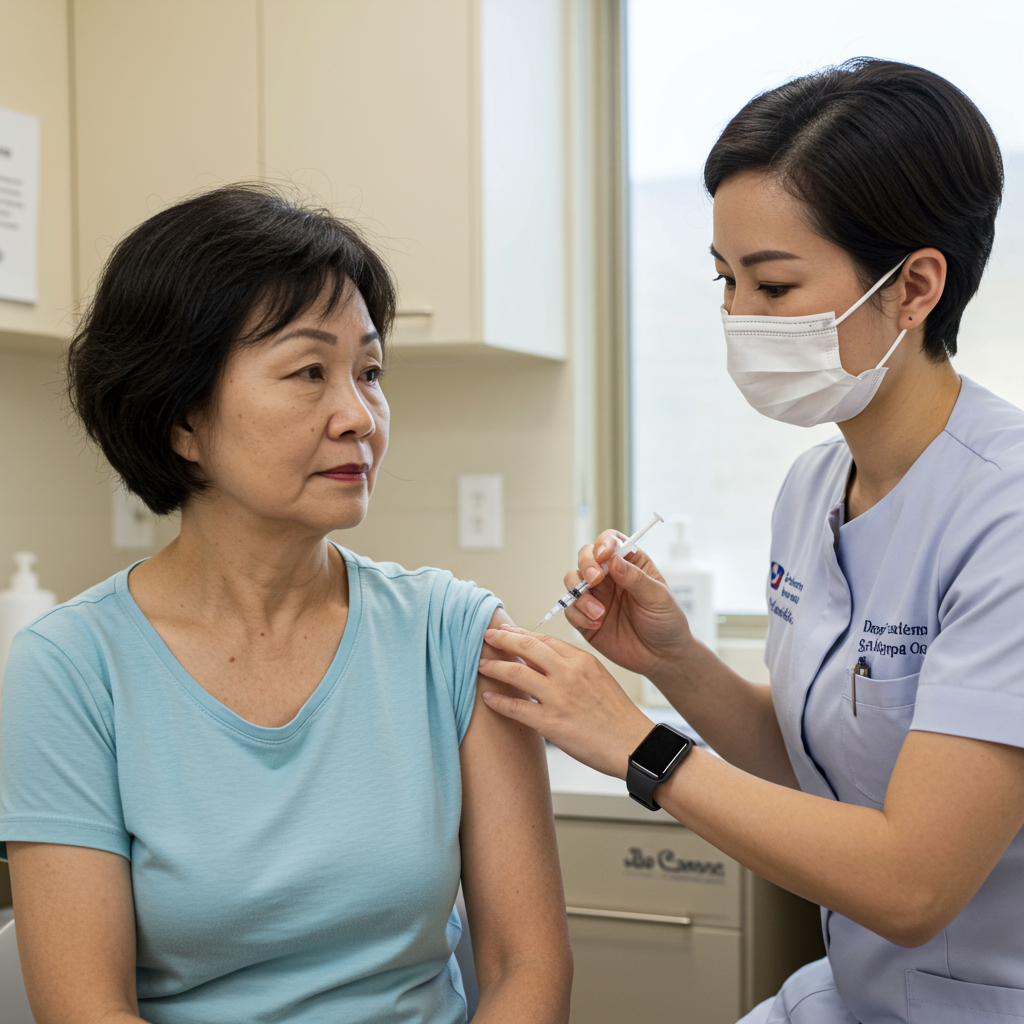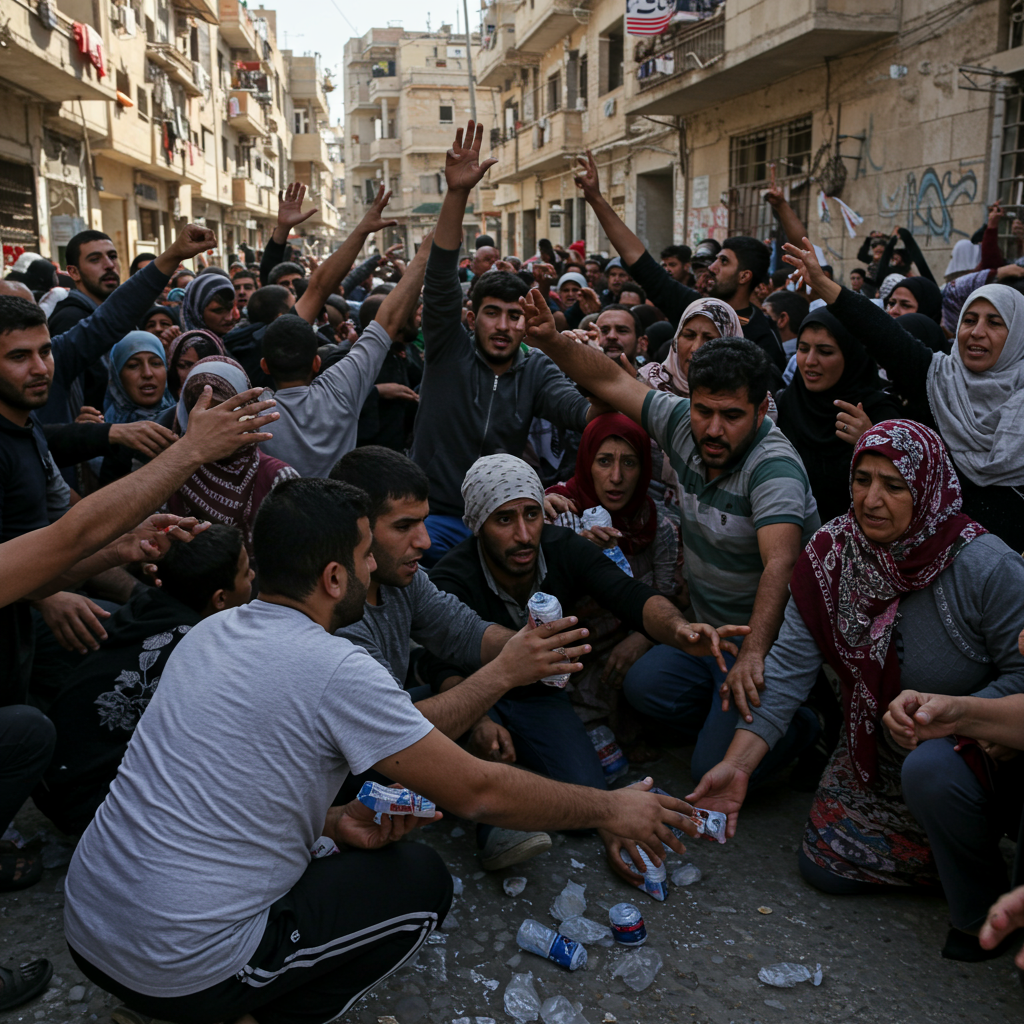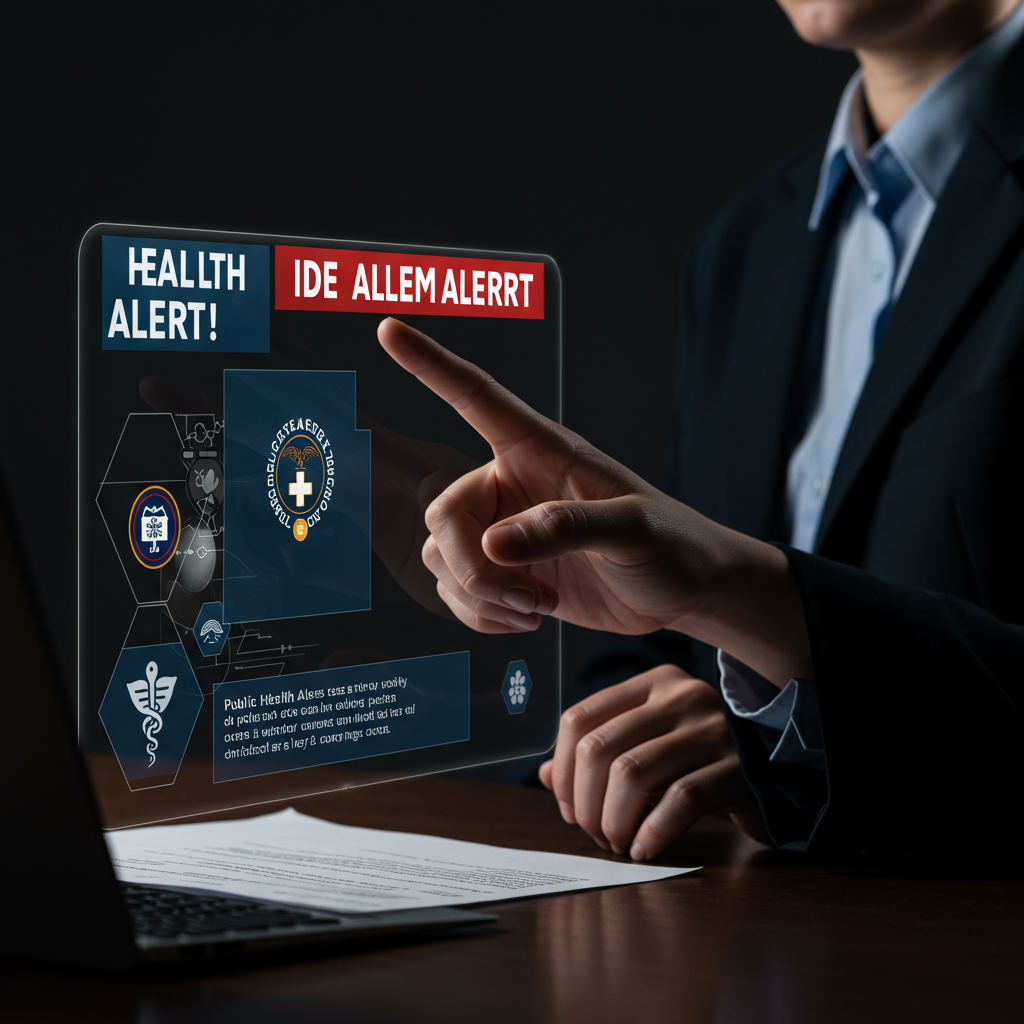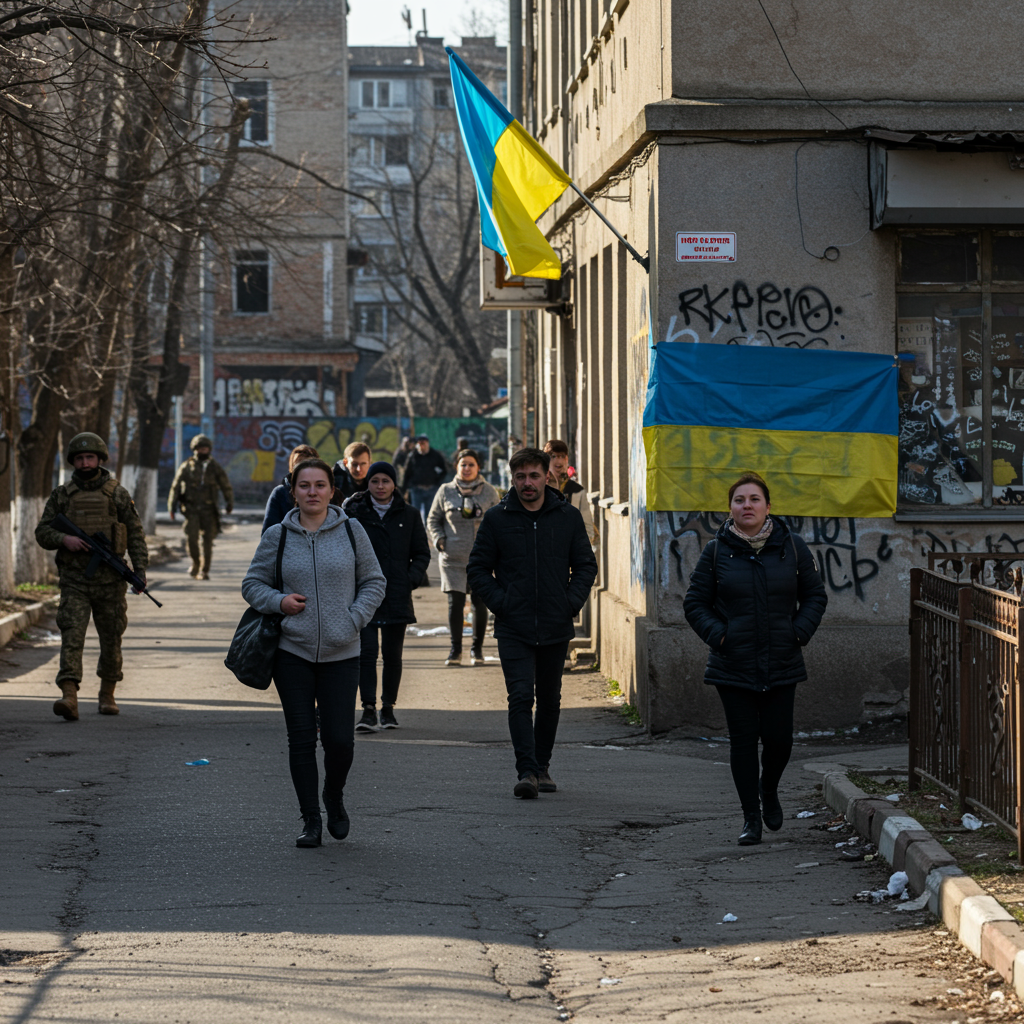A significant update from the Centers for Disease Control and Prevention (CDC) appears poised to broaden access to the Respiratory Syncytial Virus (RSV) vaccine. Recent information surfacing on a CDC webpage indicates that the agency is extending vaccine eligibility to include certain individuals aged 50 through 59, a change from the previous general recommendation that primarily targeted those aged 60 and older. This move aims to provide added protection against potentially severe outcomes from RSV for a younger cohort of adults with specific health vulnerabilities.
The decision, reportedly adopted by U.S. Health Secretary Robert F. Kennedy Jr. on June 25, reflects a recommendation made earlier this year by the CDC’s Advisory Committee on Immunization Practices (ACIP). While the update has been noted on a CDC webpage, it had not yet been formally incorporated into the agency’s main adult immunization schedule as of Wednesday. This expansion represents a key development in the ongoing strategy to mitigate the impact of RSV, a virus that can pose serious risks to older adults and infants.
Understanding the Expanded Eligibility for Adults 50-59
The core of this new guidance centers on providing the RSV vaccine to adults aged 50 to 59 who have underlying health conditions. Previously, the primary recommendation for adults in this age range was absent unless they were pregnant (for maternal antibody transfer to the infant). The focus for adult vaccination had largely been on individuals 60 years and older, especially those with increased risk factors, and a broader recommendation for everyone 75 and above.
The ACIP’s April recommendation, now reportedly adopted, specifically called for extending the conditional recommendation—meaning for those with specific health risks—to the 50-59 age bracket. This acknowledges that individuals under 60 can also face a higher likelihood of severe RSV disease if they have pre-existing medical issues. The CDC’s apparent move signals official endorsement of this expanded scope, potentially making the RSV vaccine age 50 a practical reality for many.
Identifying High-Risk Conditions
While the specific list of qualifying underlying health conditions isn’t detailed in the announcement, typical risk factors for severe respiratory infections like RSV in adults can include:
Chronic lung diseases such as COPD or asthma
Chronic heart conditions like heart failure or coronary artery disease
Weakened immune systems due to disease (like HIV or cancer) or medications (like chemotherapy or steroids)
Neuromuscular conditions that make it difficult to clear mucus
Certain metabolic disorders
Individuals in the 50-59 age group should consult with their healthcare provider to determine if their specific health status qualifies them for the CDC RSV vaccine under this new guidance. A doctor can assess individual risk factors and advise on whether vaccination is appropriate.
Why This Change Matters for Public Health
RSV is often perceived as a mild, cold-like illness, causing symptoms such as a runny nose, coughing, sneezing, and fever. However, for vulnerable populations, it can escalate to severe respiratory complications like bronchiolitis or pneumonia, potentially leading to hospitalization or even death.
Older adults, particularly those aged 65 and above, and infants are widely recognized as the groups most susceptible to severe outcomes from RSV. The previous recommendations reflected this by prioritizing vaccination for those 60 and over (conditionally) and 75 and over (more broadly), as well as pregnant individuals.
Extending the conditional recommendation to high-risk adults as young as 50 is a proactive step. It recognizes that the transition into higher risk isn’t a sudden event at age 60. Many adults in their 50s already live with chronic health issues that compromise their respiratory or immune systems, placing them at similar risk levels to some older adults. Providing access to the RSV shot age 50 for this group aims to reduce the burden of severe RSV disease, decrease hospitalizations, and improve health outcomes.
The Context Behind the Decision
The process behind this expansion involves the CDC’s Advisory Committee on Immunization Practices (ACIP), a panel of medical and public health experts who provide recommendations on vaccine use in the U.S. The ACIP plays a crucial role in shaping public health guidance regarding immunizations.
In April, the ACIP recommended expanding the RSV vaccine to include high-risk adults aged 50-59. However, the formal adoption of ACIP recommendations by the CDC typically involves a review process, often culminating in a decision by the CDC Director. Notably, at the time the decision was reportedly made on June 25, the CDC lacked a permanent director.
Adding another layer of complexity, Health Secretary Robert F. Kennedy Jr. recently took the unusual step of dismissing all 17 members of the ACIP panel that had made the April recommendation. He subsequently appointed seven new members, some of whom have been described as vaccine skeptics. This move raised concerns among medical and public health groups regarding the future direction of vaccine policy.
Secretary Kennedy’s reported decision to adopt the ACIP recommendation RSV for the 50-59 age group appears to act on the guidance of the previous, now-dismissed panel, seemingly without formal consultation with the newly appointed committee. This mirrors an earlier instance where Kennedy reportedly altered COVID-19 vaccine recommendations independently, bypassing the standard ACIP review process. The circumstances surrounding this decision highlight potential shifts in how vaccine guidance is being formulated and disseminated at the federal level.
What High-Risk Adults in Their 50s Should Do
For adults aged 50 to 59 with underlying health conditions, this potential expansion of vaccination eligibility is important news. The key takeaway is that you may* now be recommended for an RSV vaccine, but this is conditional based on your individual health status.
The most crucial next step is to consult with your healthcare provider. They are best equipped to:
- Assess your personal health history and current conditions.
- Determine if your health status qualifies you under the
high-risk adults RSV vaccinecriteria. - Discuss the benefits and potential risks of the vaccine for your specific situation.
- Provide information on vaccine availability once the guidance is fully implemented.
Relying solely on online information or general age cutoffs is not sufficient. A personalized medical evaluation is essential to make an informed decision about getting the RSV vaccine.
Looking Ahead: Official Schedule and Access
While the information is reportedly on a CDC webpage, its absence from the official adult immunization schedule could mean a slight delay before it is fully integrated into clinical practice nationwide. The official schedule provides clear, standardized immunization schedule guidelines for healthcare providers and the public. Its update is a critical step for widespread awareness and implementation.
Adults aged 50-59 with risk factors should stay informed about official CDC updates and communicate directly with their doctors. Vaccine availability can also vary, so consulting with local pharmacies or healthcare clinics will be important once the official recommendation is fully operationalized and reflected across all CDC platforms. This expanded access is a positive development for protecting a previously underserved high-risk group.
Frequently Asked Questions
Who specifically qualifies for the RSV vaccine in their 50s under the new guidance?
According to reports based on a CDC webpage update on June 25, the recommendation for adults aged 50-59 is conditional. This means the RSV vaccine age 50 is recommended for those in this age range who have specific underlying health conditions that increase their risk of developing severe Respiratory Syncytial Virus (RSV) disease. You must consult a healthcare provider to determine if your personal health status meets these vaccination eligibility criteria.
Is this recommendation already on the official CDC vaccine schedule?
As of the time the original article was reported, the expanded CDC RSV vaccine guidance for adults aged 50-59 was reportedly present on a specific CDC webpage but had not yet been formally added to the agency’s comprehensive, official adult immunization schedule. While the decision was reportedly adopted on June 25 by Health Secretary Kennedy, its inclusion on the main schedule is a separate step necessary for widespread implementation and clarity for healthcare providers and the public.
Why is RSV a concern for adults aged 50-59?
While RSV often causes mild, cold-like symptoms, it can be severe for adults aged 50-59, particularly if they have underlying health conditions like chronic lung disease, heart disease, or weakened immune systems. These conditions increase the risk of serious complications such as pneumonia or bronchitis, potentially leading to hospitalization or even death. The expansion of the high-risk adults RSV vaccine recommendation acknowledges that these vulnerabilities exist in this age group, not just for those 60 and older.
Conclusion
The reported expansion of RSV vaccine eligibility to include certain adults aged 50-59 with underlying health conditions represents a significant update in U.S. public health recommendations. Adopted following an ACIP recommendation, this decision aims to protect a potentially vulnerable group that was previously outside the general adult vaccination guidelines. While the full implementation and reflection on the official CDC schedule are still anticipated, this news provides a clear direction: adults in their 50s with health concerns should proactively discuss their RSV vaccination eligibility with their healthcare providers. Staying informed through official channels and seeking personalized medical advice are the best ways to navigate this evolving guidance and ensure optimal protection against severe RSV disease.
Word Count Check: ~1150




